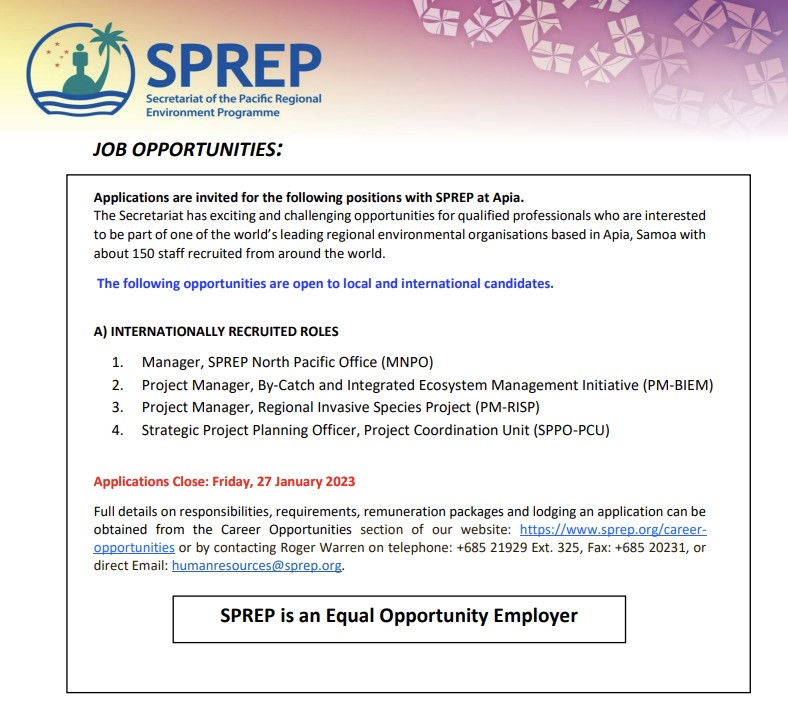Junkets and the geopolitical freak show
- Admin
- Dec 6, 2022
- 4 min read
The lighter side of climate change


It’s not easy being green. The conferences generate considerable greenhouse gas emissions. Host countries will need to take proactive steps to achieve carbon neutrality. Civil society and the media will raise tough questions on the sustainability aspects of all organizational matters relating to the conference, from emissions offsets to waste management. Host countries will need to be well-prepared with answers.
—United Nations, How to COP UNFCC, page 5.
The past month has been a highly entertaining freak show. First came the U.S. midterm elections, then the Environmental Olympics, better known as COP27, or the United Nations Framework Convention on Climate Change.
This year’s midterms were one of the most significant elections I’ve seen, since 2022 exposed each party’s ironclad strengths trying to cover an Achille’s heel of fatal weakness.
As we know, every four years America selects either the next Messiah or Anti-Christ, depending on whether the guy you voted for won. And every other year the U.S. pretends it doesn’t have a parliament when it casts a no-confidence vote against whoever the president happens to be when the entire House and around a third of the Senate, the U.S. national legislature that we call Congress, stands for election.
ADVERTISEMENT
The president’s party usually loses legislative races during the midterms, and this year Republicans were poised – for every historic and quantifiable reason - for a “Red Wave” of victories and solid control of both the House and Senate. Faced with an unpopular President and inflation-fueled economic anxiety, the Democrats were rightfully nervous on election day.
But there was no Red Wave. There were victories, of course. Republican James Moylan’s upset victory in the Guam Delegate race is one. The Republicans eked out a razor-thin majority in the House. Democrats hold a razor-thin majority in the Senate.
A 50-50 nation.
At the same time, 35,000 people, world leaders, energy industry lobbyists and carbon handwringers with high credit card spending limits emitted carbon to travel to COP27, the UN Meetup for Climate Change. The United Nations can’t Zoom, but I think that’s the point; per the BBC, “The crammed pavilions felt at times like a fossil fuel trade fair.”
The purpose of these annual gatherings is officially to review each nation’s emissions, especially carbon, and to track progress in meeting the goal of capping temperature increases to 1.5 degrees Celsius over pre-industrial temperatures.
They have an opening ceremony, then speeches and backroom sessions to emerge with announcements. It’s a source of national pride for a nation to host the meeting, complete with a gleaming conference hall and nearby hotels. The UN, in fact, published an 84-page handbook on how to host the COP, with support from the government of Qatar, host of the recent World Cup, and the object of human rights abuse allegations.
This year’s host was Egypt, also subject to allegations of human rights abuses and harassment of activists, but keen to bolster its prestige as a country that could host the UN.
COP27 held less spectacle than COP26, despite its two-day overtime. World media played no video addresses of Tuvalu Foreign Minister Simon Kofe standing in deepening waters or Palau President Surangel Whipps Jr. talking about bombings. India softened its tone on coal use.
ADVERTISEMENT

The brokered agreement was a rough arrangement for rich countries to pay poor countries for climate change damage coupled with no real commitment for anyone to eliminate fossil fuels. Instead, the agreement that Egypt brokered per National Public Radio, will continue "efforts towards the phasedown of unabated coal power and phase-out of inefficient fossil fuel subsidies."
There’s the crux: rich nations agree to pay for climate change damage, but UN members don’t agree to stop using fossil fuels.
It turns out that much of the developing world, Africa in particular, holds large reserves of fossil fuels.
It’s also the case that most nations of the world have been less than forthcoming about how they spend money, especially other people’s money. A climate change mitigation fund – regardless of what name the UN might settle on – will sit uneasily with many donors. I’m not criticizing poor countries; often it’s the foreign donor that has insisted on, or at least turned a blind eye, to less-than financial transparency.
Why, for example, would a judge need a reserved parking space at the airport?
The U.S. can hardly take the moral high ground when congressional benefits and stock trades are mostly secret. Who doesn’t like free money?
Which leads us back to the midterms. It’s not outlandish to predict political backlash from the world’s largest carbon emitter about spending money in other countries, regardless of what other countries say they will do.
I suggest that supporters of climate funding tie it to broader geopolitical objectives, or to be blunt, the national security contest between the U.S. and China. China’s been generous to the developing world. As always, the stated purpose might not be the real reason.
So, yes, I’m enjoying the freak show, and you probably already guessed that “freak” is not the word I want to use.
Gabriel McCoard is an attorney who previously worked in Palau and Chuuk. Send feedback to gabrieljmccoard@hotmail.com.
Subscribe to
our digital
monthly edition





Comments